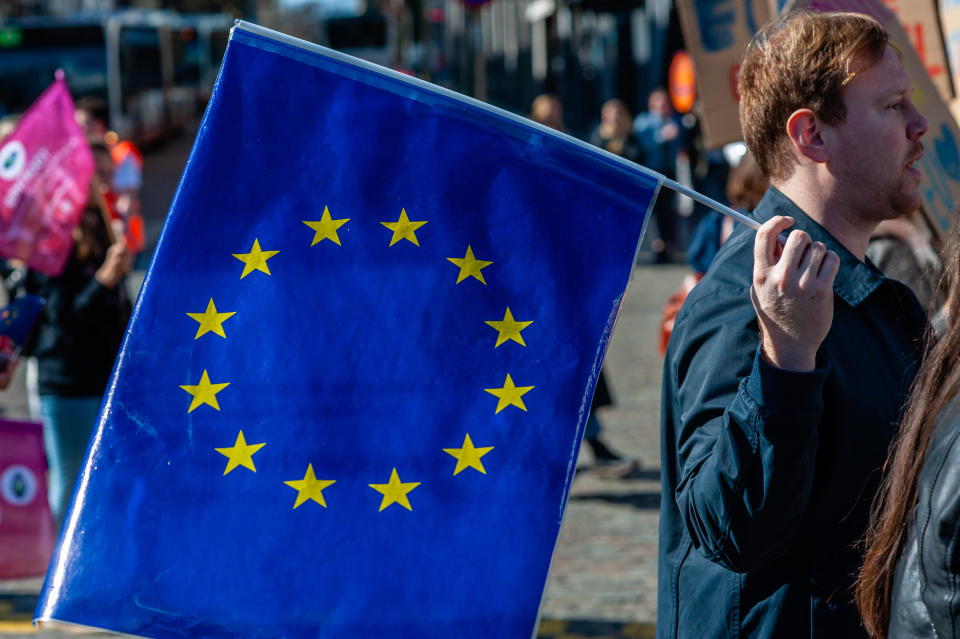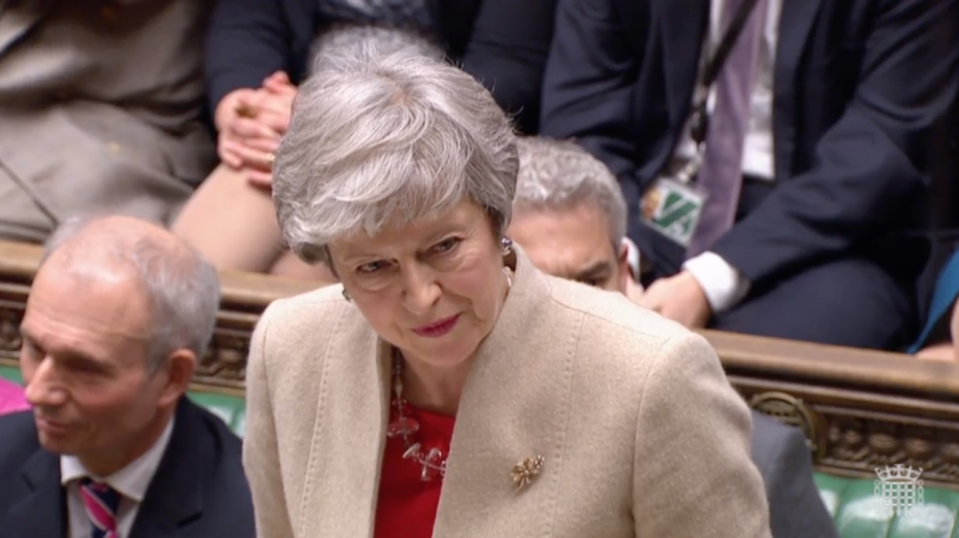2019 European parliament elections could easily cost the UK more than £100m

If the UK stays in the European Union in the coming months as part of a long Brexit extension, it will almost definitely have to participate in European parliamentary elections in late May at a cost that could easily exceed £100m.
The last European parliament election in 2014 cost £109m, according to a UK government report. This was followed by a £129m bill for the Brexit referendum in 2016 and then another £141m for the snap UK general election in 2017.
Britain could soon request a lengthy Brexit extension after prime minister Theresa May’s divorce deal was rejected in the UK parliament for a third time on Friday afternoon. British members of parliament (MPs) don’t like May’s deal, but also want to avoid a messy no-deal Brexit.
The new default Brexit date is now 12 April.
“The implications … are grave,” May said to MPs after they rejected her deal again. “The European Union has been clear that any further extension will need to have a clear purpose and will need to be agreed unanimously by the heads of the other 27 [EU] member states … It is almost certain to involve the United Kingdom being required to hold European parliamentary elections.”
European Council president Donald Tusk called on the European parliament earlier this week to be open-minded about the idea of a long Brexit extension.
“You cannot betray the six million people who signed the petition to revoke Article 50, the one million people who marched for a People’s Vote, or the increasing majority of people who want to remain in the European Union,” Tusk said in a speech. He also tweeted a similar message.
Appeal to EP: You should be open to a long extension, if the UK wishes to rethink its strategy. 6 million people signed the petition, 1 million marched. They may not feel sufficiently represented by UK Parliament but they must feel represented by you. Because they are Europeans.
— Donald Tusk (@eucopresident) March 27, 2019
The bulk of the cost of the last European parliamentary election in the UK went to pay for things like polling stations, printed ballots, postal votes and the cost of sending out candidate flyers via Royal Mail (RMG.L). Nearly £41m went to the Royal Mail to deliver all the candidate mailings, according to a 2016 government report.
A total of 46.5 million people were registered and eligible to vote in that election in the UK, however, only 16.5 million cast a vote. That means the cost worked out to nearly £6.60 per individual who exercised their right to vote.

As for the Brexit referendum in 2016: the cost of administering the polls hit nearly £95m, which included the cost of running over 40,000 polling stations and counting the votes. More than £25m was spent on mailing costs.
The 2017 election had higher costs for both administering the polls and mailing out material to voters.

 Yahoo Finance
Yahoo Finance 